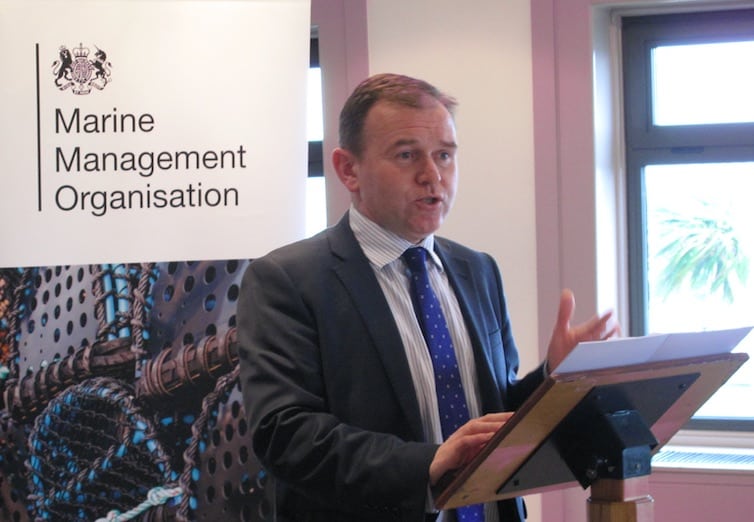The UK is introducing into Parliament today legislation designed to create powers for the UK to operate as an independent coastal state and manage its fish stocks sustainably outside the EU.
The introduction of the Fisheries Bill delivers a legal guarantee the UK will leave the Common Fisheries Policy (CFP) at the end of the Transition Period, in December 2020. This will end the right of EU-flagged vessels to fish in British waters.
In addition to powers to implement new deals negotiated with the EU and other coastal states, set quotas, fishing opportunities and days at sea, the Bill includes new measures for Devolved Governments and a single set of UK-wide fisheries objectives to ensure that fish stocks, and the marine environment, are better protected.

It also incorporates changes to funding rules that will enable the UK Government to provide financial support, replacing the EU European Maritime and Fisheries Fund, such as for training and port improvements.
‘The Fisheries Bill gives us the powers to implement our own independent fisheries policy, improve our marine habitats and make decisions based on the health of our fish stocks not vested interests,’ said Fisheries Minister George Eustice.
‘For many people in coastal communities, taking back control and leaving the Common Fisheries Policy is at the heart of getting Brexit done, and this Bill delivers for the environment, fishermen and the Union.’
A new legal requirement for all fish stocks to be fished at sustainable levels is at the heart of the Bill, designed to deliver on the Government’s manifesto commitment to ensure there will be sustainability plans for each fish stock.
The Bill includes powers to ensure fisheries management decisions are taken strategically, for the benefit of the whole marine environment. Fisheries management plans will be will be tailored to the UK’s mixed fisheries.
The UK’s plans will also recognise that many stocks are shared, and for these, negotiation with other coastal states is crucial as sustainable catches cannot be achieved through UK action alone.
‘The central purpose of the Bill is to give UK Ministers powers to manage UK fisheries after we leave the Common Fisheries Policy,’ commented NFFO chief executive Barrie Deas. ‘We very much welcome that.’
The Bill boosts the Government’s flagship Blue Belt programme by ensuring the Marine Management Organisation has the powers it needs to provide advice and assistance on sustainable fisheries, marine planning, licensing and conservation overseas.
New provisions in the Bill mean the UK will take into account climate change impacts on its fisheries, with a new objective to move towards climate-smart fishing in UK waters.









